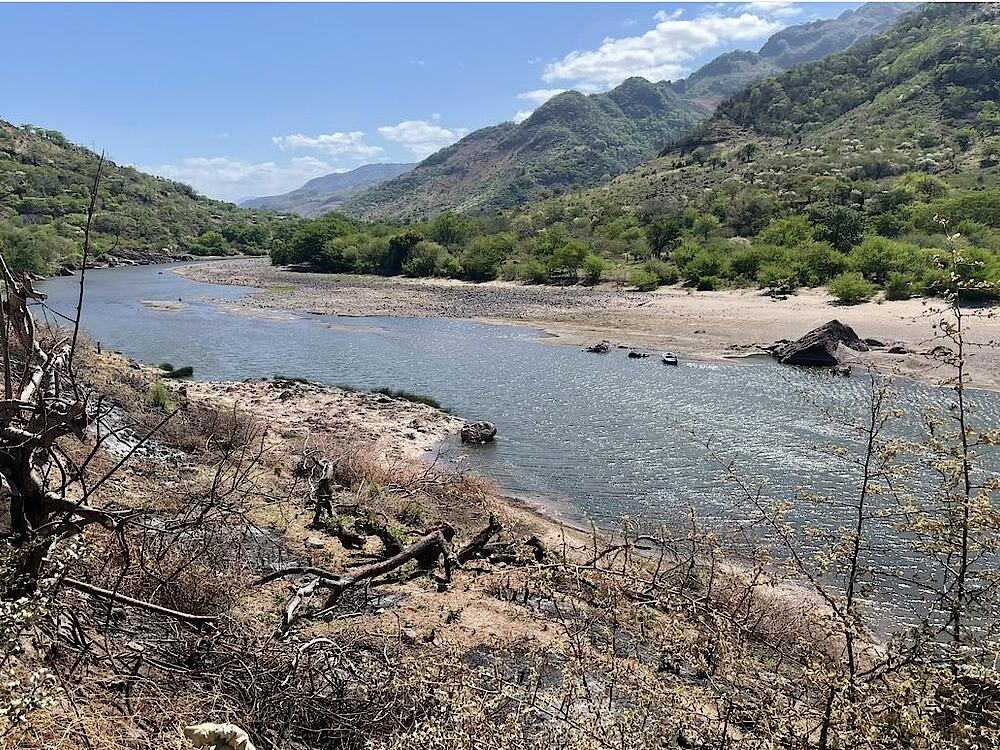For the benefit of more than 270 thousand Hondurans, CABEI approves cooperation for the basic design of the "Morolica Multipurpose Dam"

The initiative will carry out the feasibility and design of Phase I of the Hydraulic Infrastructure System in the Lower Choluteca River Basin, a multipurpose project that aims to mitigate flooding, provide irrigation, supply clean water and generate electricity for this area historically affected by extreme weather events.
Tegucigalpa, June 22, 2023.- In order to strengthen resilience to extreme natural phenomena and benefit more than 270,000 Hondurans, the Central American Bank for Economic Integration (CABEI) approved technical cooperation to the Government of the Republic of Honduras under the contingent recovery modality for US$2.2 million for the preparation of the "Feasibility Study and Basic Design of Phase I of the hydraulic infrastructure project in the lower Choluteca River basin", an important hydrological region that crosses the so-called "Dry Corridor".
The studies for Phase I of this project include the feasibility and basic design of the Morolica III dam, river regularization and flood control works for the right bank of the lower Choluteca River basin, and a clean water system for the city of Choluteca. In addition to the technical studies, the cooperation includes environmental, social, climate change and gender impact studies, as well as legal and financial analyses to determine the best alternative for financing and constructing the works.
This cooperation was requested from CABEI by the Government of the Republic of Honduras as a follow-up to a previous cooperation from the Bank that financed the pre-feasibility studies for the Project, the results of which were delivered in 2022, and which will be the basis for the feasibility and basic design studies to be developed.
CABEI will hold a selection tender for the contracting of the firm that will be in charge of the studies, which will work hand in hand with the National Electric Energy Company (ENEE for its name in Spanish) as executing agency in coordination with the Natural Resources and Environment Secretariat (SERNA for its name in Spanish).
This initiative is in line with the 2020-2024 Institutional Strategy, specifically with the Human Development strategic axis that generates effective capacities for social inclusion to improve the well-being and quality of life of the region's inhabitants, and in line with the Environmental and Social Sustainability cross-cutting axis to address the challenges faced due to climate change.





